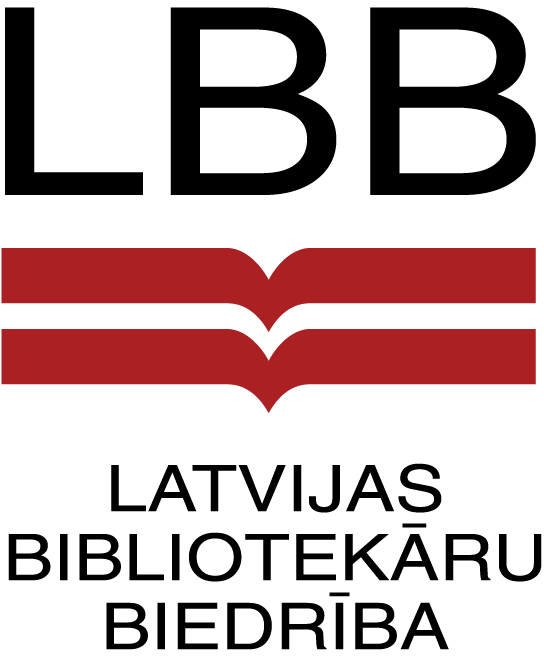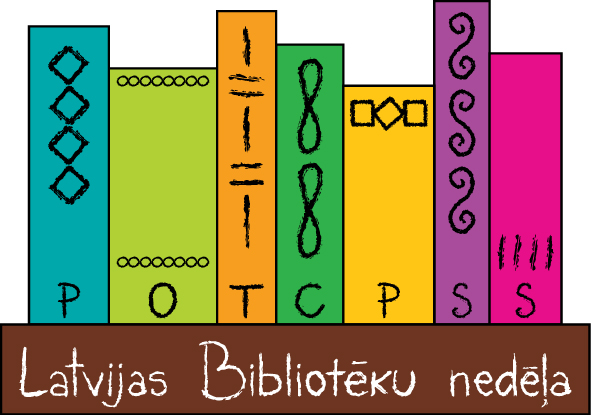Riga, 13 October 2015
We are librarians. We cannot stop all the war, unrest and conflict on our planet. We cannot make up for all the suffering and horror the people who have been forced to leave their homes have had to endure. What we can do is what we do the best – to open the doors of our libraries for everyone.
There are currently 60 million displaced people worldwide. Europe is now facing the biggest humanitarian crisis since the World War II, with more than 4 million Syrian refugees seeking safety abroad.
We cannot predict how this crisis will unfold. We hope that our governments will find a way to eradicate the conflicts which are driving millions people away from their homes. But we have also to consider a scenario where humanitarian situation in the war ravaged countries keeps deteriorating, the pressure on Europe to deal with the refugees crisis mounts, and the Baltic states, who have been relatively little involved with refugee crisis so far, will have to face increasing numbers of people looking for safe place away from their homes among us.
We, librarians of the Baltic States, have to be ready to welcome those people in our reading rooms.
We recognize that the brutal events of the 20th century have left painful scars in the minds of our people. We realise that for this reason our local communities might be vary to welcome refugees among them, and we are aware that an increased influx of refugees in our communities might lead to some tensions between refugees and their host communities.
But we strongly believe that the Universal Declaration of Human Rights provides very clear moral ground for approaching current refugee crisis. “Everyone has the right to seek and to enjoy in other countries asylum from persecution”. This means that it is our obligation to take responsibility of refugees, and treat them in a humane and inclusive manner.
“Everyone has the right to freedom of opinion and expression; this right includes freedom to hold opinions without interference and to seek, receive and impart information and ideas through any media and regardless of frontiers”. This is another line from the Universal Declaration of Human Rights, which has been a guiding light for libraries for last decades.
UNESCO Public Library Manifesto states: “The services of the public library are provided on the basis of equality of access for all, regardless of age, race, sex, religion, nationality, language or social status.” Therefore we recognise that it is our moral obligation to welcome the refugees in our libraries, whenever they will need our assistance. We have to hold in high regard our principles of inter-cultural dialogue and cultural diversity. We have to make sure libraries are welcoming, inclusive spaces, and to be ready to provide specifically tailored services for refugees and to help them to feel at least a bit more at home.
Taking this into account we urge all the libraries of Baltic States:
- To draw on the best practice developed in libraries of other European countries already dealing with refugees first-hand;
- To develop and plan in a timely and well informed manner services for refugees, taking into account their specific needs;
- To develop consultation and outreach services for refugees, helping them understand how do our societies and social services work;
- To help refugees to develop the necessary language skills;
- To specifically target the children audience, helping to heal the traumas of displacement;
- To disseminate information to our local communities about the realities of refugees lives, their cultures and reasons why they have become refugees;
- To open libraries as spaces for dialogue and reflection, and work towards community cohesion.
We urge policymakers of our states:
- To consider the role of libraries when drawing up plans for integrating refugees in our communities.
This statement was prepared by Librarians Associations of Latvia, Estonia and Lithuania and unanimously adopted and endorsed by 85 participants of the 10th Congress of Baltic Librarians and 250 participants of the 17th Conference of Latvian Librarians in Riga, October 13, 2015.

